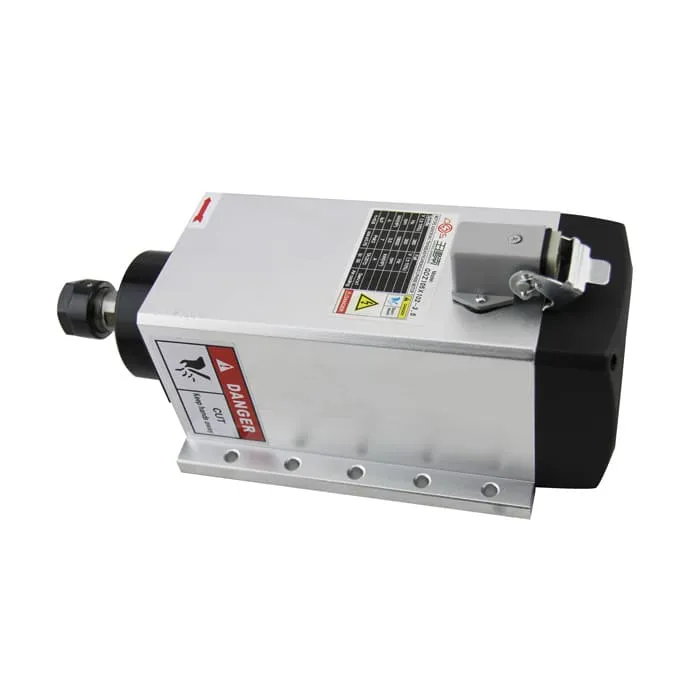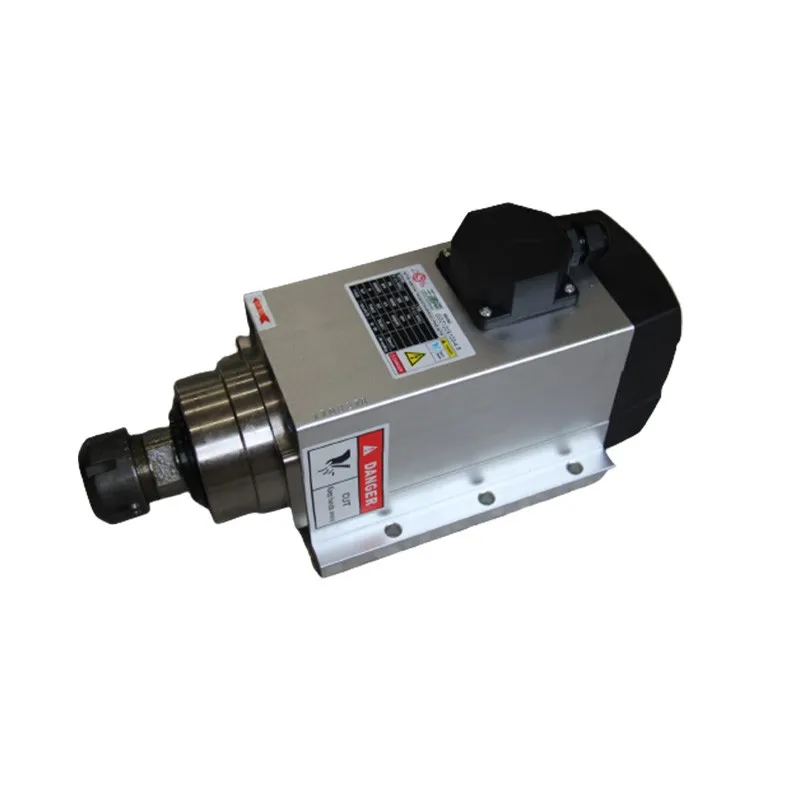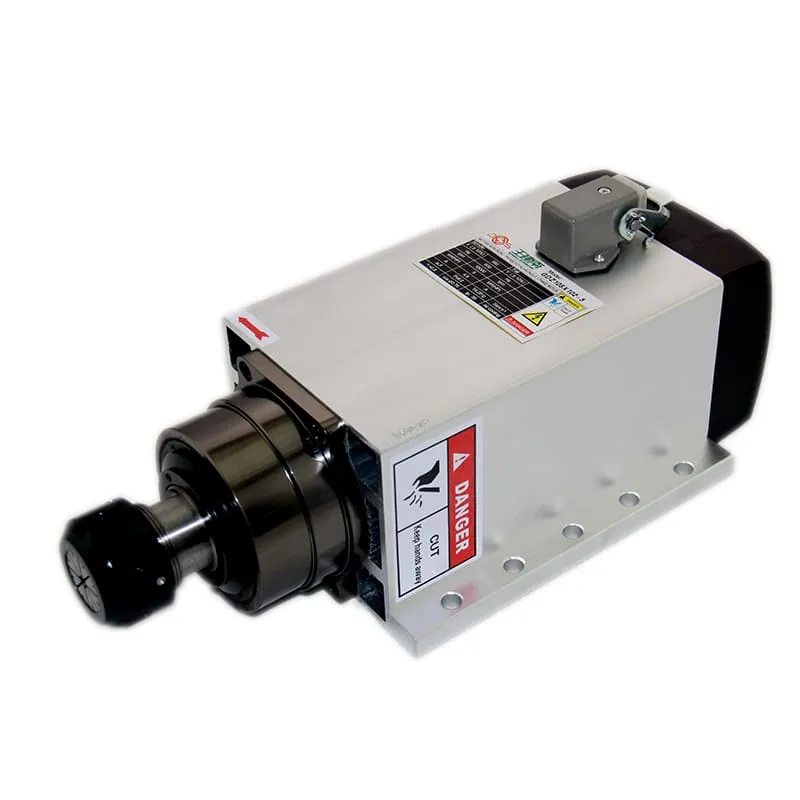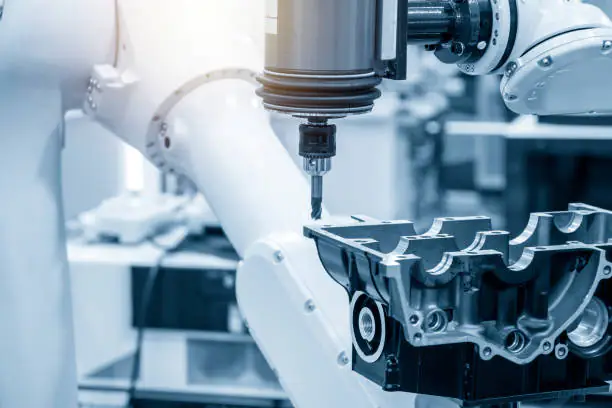What is a CNC Machinist Salary?
CNC machinists are highly skilled professionals who operate Computer Numerical Control (CNC) machines, an essential part of modern manufacturing. These machinists create parts used in industries like aerospace, automotive, and even medical device production. Many people are curious about what a CNC machinist salary looks like and how factors like experience, industry demand, and skill set affect this figure. In this comprehensive guide, we will discuss the average salaries, factors that influence earning potential, and the future prospects of working as a CNC machinist.
Understanding the Role of a CNC Machinist
A CNC machinist is responsible for setting up, operating, and maintaining CNC machines that create various components used in manufacturing. The CNC machines follow precise programming to ensure that each part is made to exact specifications. This role requires a deep understanding of G-code and the CNC machining process.
A typical day for a CNC machinist may involve:
- Programming the Machine: Entering the required data to set up the machine for specific operations.
- Maintaining Tools: Ensuring the spindles, cutting tools, and other machinery are in optimal condition.
- Quality Assurance: Inspecting finished parts to ensure they meet quality standards.
To learn more about CNC spindle motors, you may check out the 3.5KW ER20 Air-Cooled Spindles at SpindleMotorShop. These spindles are highly reliable for maintaining consistent quality in machining processes.

Average CNC Machinist Salary in the United States
According to the Bureau of Labor Statistics (BLS), the average annual salary for CNC machinists in the United States varies based on factors such as location, experience, and industry. Here are some general figures to give you an idea of what a CNC machinist can earn:
- Median Salary: The median salary for CNC machinists is approximately $45,000 per year.
- Entry-Level Salary: Those just entering the field can expect to earn around $30,000 per year, depending on the company and geographic region.
- Experienced Machinist Salary: With several years of experience, CNC machinists can make between $50,000 and $70,000 annually.
Factors Influencing CNC Machinist Salaries
- Location: The cost of living plays a significant role in determining salaries. States like California and New York often offer higher salaries due to the higher cost of living.
- Industry: CNC machinists working in the aerospace or medical device industries generally earn more due to the precision required and the complexity of the parts produced.
- Experience: The more years you spend in the industry, the more you can expect to earn. Experience not only improves your skills but also demonstrates your reliability to potential employers.
Salary Based on Industry Sectors
CNC machinists can work in various sectors, and the salary can vary considerably depending on the industry. Below are some of the most common sectors employing CNC machinists:
| Industry Sector | Average Salary |
|---|---|
| Aerospace Manufacturing | $55,000 – $70,000 |
| Automotive Manufacturing | $45,000 – $60,000 |
| Medical Device Production | $50,000 – $75,000 |
| General Manufacturing | $40,000 – $55,000 |
For those aiming to maximize their earnings, working in specialized fields like medical device production or aerospace can be more rewarding. These sectors demand higher precision and therefore offer higher salaries.
Skills and Qualifications Needed to Maximize Salary
To maximize your earning potential as a CNC machinist, having the right set of skills is crucial. Employers look for machinists with a balance of technical knowledge, hands-on experience, and a proven ability to troubleshoot issues.
Key Skills for CNC Machinists
- CNC Programming: Knowledge of G-code is essential. Many companies prefer machinists who can both operate the machines and write programs.
- Attention to Detail: CNC machining requires incredible accuracy. A keen eye for detail helps prevent costly mistakes.
- Problem-Solving Abilities: The ability to identify and resolve issues quickly is valuable, especially during complex machining processes.
- Experience with CNC Spindle Motors: A solid understanding of how spindles work is beneficial. The 4.5KW Air-Cooled Spindle with Flange is an example of a high-performance spindle that machinists may encounter in the workplace.

CNC Machinist Salary Based on Experience
Experience is one of the most significant factors affecting a CNC machinist’s salary. Below is a breakdown of how experience influences earnings:
- Entry-Level (0-2 Years): Average salary ranges between $30,000 and $40,000. At this level, machinists are learning the basics of machine operation and CNC programming.
- Mid-Level (3-5 Years): Machinists with a few years of experience can expect to make between $45,000 and $55,000. These machinists are proficient in programming and often assist in machine setup and troubleshooting.
- Senior-Level (6+ Years): Senior machinists can make between $60,000 and $80,000 annually. They are experts in programming, setup, and possibly mentoring new employees.
The median CNC machinist salary increases steadily with years of experience. Machinists who also have experience with different types of CNC machines—such as plasma cutters and milling machines—are in higher demand and can command even better salaries.
Top Industries Employing CNC Machinists
1. Aerospace Industry
The aerospace sector demands the highest precision due to the critical nature of the components produced. CNC machinists in this field often work with titanium and aluminum to create lightweight yet robust parts for aircraft.
2. Medical Device Manufacturing
CNC machining in the medical field requires the production of highly specialized, sterile parts. This sector is known for offering high salaries due to the level of precision and compliance required.
3. Automotive Sector
In the automotive industry, CNC machinists create parts such as engine components, transmission gears, and other mechanical parts. Due to high demand, salaries are competitive, especially for machinists with experience in precision machining.
For those interested in working with advanced tools, the 5.5KW ER32 4-Pole Air-Cooled Spindle is a powerful option for producing high-quality automotive parts.

Education and Certifications Impacting CNC Machinist Salaries
Having the right educational background and certifications can greatly affect your earning potential as a CNC machinist. While it’s possible to enter the field with a high school diploma, many employers prefer candidates who have some formal training.
Common Educational Paths
- Technical School: Attending a technical institute or community college is often the most direct route into the field. These programs typically last 1-2 years and cover the basics of CNC operation and G-code programming.
- Apprenticeships: Some machinists start as apprentices, gaining hands-on experience while learning the theoretical aspects of CNC machining.
Certifications
Obtaining industry-recognized certifications can boost your salary by showing employers you have a higher level of expertise:
- NIMS Certification (National Institute for Metalworking Skills): A widely recognized certification that can improve job prospects and salary potential.
- Mastercam Certification: If you’re proficient in Mastercam, a popular CAM software, this certification can further improve your job prospects.
The Future Outlook for CNC Machinist Jobs
The demand for CNC machinists is expected to grow steadily over the next decade, especially in sectors like aerospace and medical manufacturing. According to the Bureau of Labor Statistics, employment in the manufacturing sector is expected to increase as automation and precision remain critical components in producing high-quality goods.
Expected Salary Increases
- As technology evolves, CNC machinists who are familiar with advanced software and multi-axis machines will be in higher demand. This demand will push salaries higher, especially for those who continue to update their skills.
- CNC machinists who transition into supervisory roles can see significant salary increases, often exceeding $80,000 per year.
Frequently Asked Questions (FAQs)
1. How much does a CNC machinist make per hour?
On average, CNC machinists earn between $15 and $30 per hour, depending on their experience and the complexity of the work they are performing.
2. What certifications help increase a CNC machinist’s salary?
Certifications like NIMS and Mastercam can significantly boost a CNC machinist’s earning potential by demonstrating expertise and specialized skills.
3. Can CNC machinists work in multiple industries?
Yes, CNC machinists are in demand in various industries such as automotive, aerospace, and medical device manufacturing. The skills are transferable, which increases job opportunities.
4. Is there a high demand for CNC machinists?
Yes, according to the Bureau of Labor Statistics, the demand for CNC machinists is expected to remain strong, particularly in industries that require high-precision components.
5. What is the average salary for an entry-level CNC machinist?
An entry-level CNC machinist can expect to earn around $30,000 to $40,000 per year, depending on the region and the industry they work in.
Conclusion
Becoming a CNC machinist is a rewarding career path that offers the opportunity to work in various high-demand sectors like aerospace, medical devices, and automotive manufacturing. Salaries for CNC machinists vary based on experience, industry, and certifications, but the overall outlook is positive. By investing in the right skills and gaining experience, CNC machinists can see significant growth in their earning potential. The industry is expected to grow, and as technology advances, those who adapt will be in a strong position to succeed.
If you’re interested in acquiring high-quality CNC tools, including spindles and other components, be sure to visit SpindleMotorShop. Whether you’re a beginner or an experienced machinist, they have a range of products to suit your machining needs.

